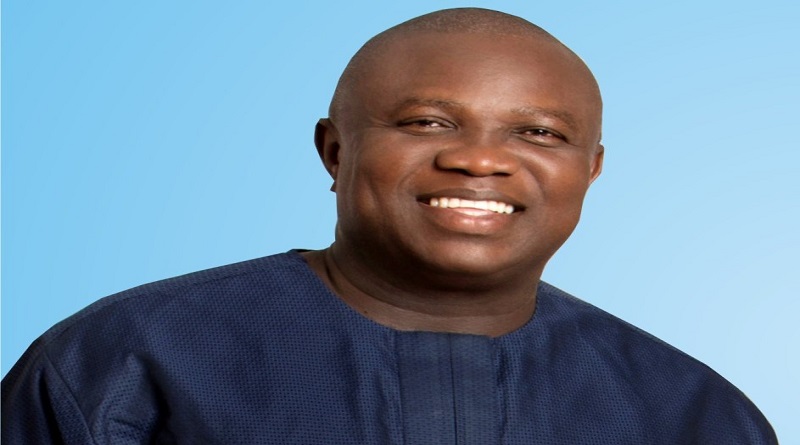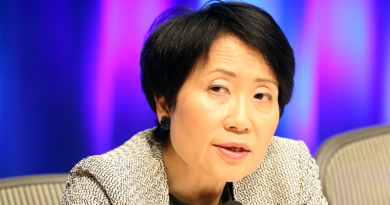Lagos 2018 budget may hit N1trn – commissioner
The Lagos State Government on Tuesday said that its yearly budget might hit N1 trillion by 2018.
The state also plans to generate N50 billion internal revenue per month by next year.
Mr Akinyemi Ashade, the state Commissioner for Economic Planning and Budget, said this at the ongoing ministerial briefing to commemorate the second year in office of Gov. Akinwunmi Ambode.
The size of the state’s 2017 budget is N812.998 billion, while that of 2016 was N662.588 billion.
According to Ashade, to achieve the trillion naira budget, the government will adopt strategies such as aggressive growth in IGR through taxes and non-tax revenues.
He said that other strategies would include full deployment of Oracle Business Solutions to eliminate revenue leakages, sustainable fiscal balance with appropriate level of public sector borrowing and acceptable aggregate public debt.
“We shall foster a robust environment for increased private sector investments through Public-Private Partnership (PPP) initiatives and other strategies for increased Foreign Direct Investment (FDI) as initiated by Office of Overseas Affairs & Investment (Lagos Global),” he said.
Ashade said the ministry had continued to support the administration by evolving clear planning parameters to achieve the agenda of the government as adopted in the Lagos State Development Plan (LSDP) 2012-2025.
Ashade said that during the period under review, the ministry was able to manage the economy of the state through prudent and stringent management of available resources.
He said that this was to ensure its desire to meet revenue projection of N30 billion monthly in 2017 and N50 billion monthly in 2018 through improvement on the various reforms.
Ashade said that in ensuring a strict implementation of the 2017 budget, government had resolved to continue to ensure tighter control of recurrent expenditure.
“This is to free up funds for the capital proceeds, while still maintaining periodic review of performance through the quarterly budget,” he said.
Ashade said the state government had also developed the State-wide Monitoring and Evaluation policy to ensure accountability, effective service delivery and success reporting.
He said that once this policy became operational, project monitoring activities would be intensified to ensure that the people got value for money they spent.




